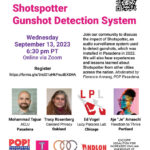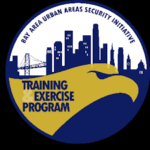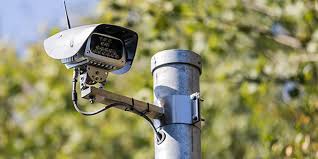
The AMEMSA Justice Collective is a new statewide coalition that seeks to advance civil rights protections for Asian , Middle Eastern, Muslim and South Asian communities. The AJC is directed by and accountable to AMEMSA communities and seeks to organize in a grassroots, bottoms-up manner. The AJC project was initiated by Hammad Alam, a brilliant privacy lawyer with the Asian Law Caucus. Oakland Privacy was honored to be asked to help develop the coalition as a trusted ally.
As an initial project, the AJC seeks to develop and advocate for transparency legislation for federal-local partnerships. Such partnerships, which include the Joint Terrorism Task Force and the FBI Safe Streets programs, among others, often serve as an unregulated frontier in policing, since many local criminal justice reforms don’t include the local/federal partnerships. See the fact sheet below for more on the AJC’s work and how you can support it.
* Note: We must share here that AJC’s founder Hammad Alam tragically passed away in early October. His death is a great loss for the privacy and anti-surveillance community, to the Muslim and South Asian communities writ large who he lived to serve, and enormously painful to those of us who knew him as a friend and an unspeakable loss for his family, including his wife and six month old daughter. If you would like to make a donation in his honor to help his wife and daughter, you can do so here.




